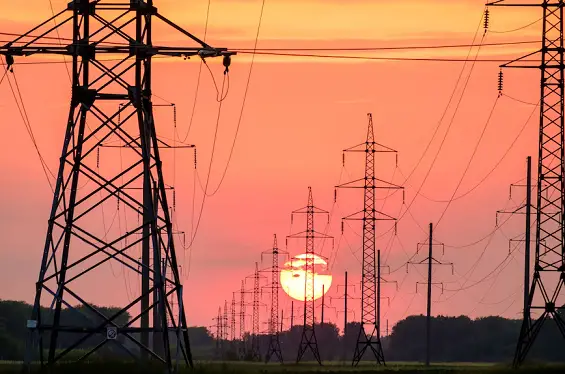On Sunday, Welt am Sonntag reported that a local McKinsey study showed that within the next two years, Germany could be facing power shortages as demand rises and the nation’s own energy resources prove insufficient to supply the nations’ needs.
The study predicted that by 2025, the nation will come up short by roughly four gigawatts of power capacity, and by 2030 the shortage will increase to 30 gigawatts.
The study warned, “So we’re heading toward a significant shortage: 30GW corresponds to the capacity of about 30 large thermal power plants.”
The study’s analysts predict that at peak loads the nation will be unable to supply all of its energy needs, and there may be up to 100 power outages, lasting up to 21 hours. According to the analysts, another problem will be that Berlin will not be able to give up gas in the next decade.
The analysts said, “Our scenario analysis shows that natural gas will have to play a role in the electricity mix in the future. It is therefore important to reduce import dependency by diversifying suppliers. Part of the strategy must also be to make more green hydrogen available for power generation.”
They went on to note that it will be vital that Germany ensure the infrastructure exists to allow it to receive electricity from neighboring nations, and will require an innovative approach to expanding electricity networks.
The McKinsey study comes on the heels of a contradictory report by the nation’s Federal Network Agency, which predicted the public’s electricity supply would be secure for the coming decade, even in the event consumption were to increase significantly.
Even that optimistic report, however, conceded that it would be necessity to perform various steps to ensure a sufficient supply was available, and that the government should expand the capacity of renewable power sources, as well as prepare back-up power generation facilities, even powered by natural gas.
Another report by Bloomberg had predicted that by 2030, Germany would need to spend a minimum of $1 trillion on renewable energy production. The think tank Energiewende and the German grid regulator predicted that Germany will see a one third rise in demand by 2030. That would mean the nation would need about 250 more gigawatts of power by that time.

